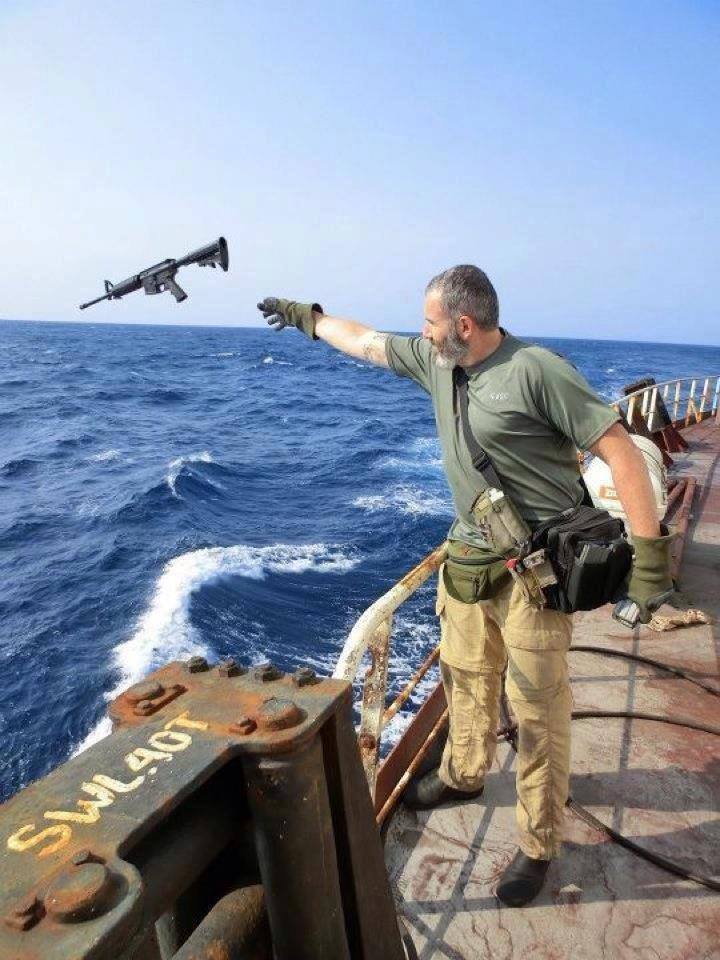Recent media hysteria about the Hearing Protection Act and suppressors in general has, as expected, brought up overt claims and slightly-more-subtle implications that suppressors reduce the sound of gunshots to Hollywood-esque levels, and that absent the loud sound of gunshots, criminals could commit their dastardly crimes without detection.
To make it painfully clear, this is unrealistic. Unsuppressed gunshots are extremely loud, and are capable of causing hearing damage immediately with only a single shot.A suppressed .308 Winchester rifle with subsonic ammunition
A suppressed .308 Winchester rifle with subsonic ammunition meters around 121-137 dB, the quietest of which is comparable in loudness to a typical siren on an emergency vehicle (~120dB). Sirens, as you no doubt are aware, are intended to be exceedingly loud and easy to locate. Other common sound sources that produce sounds with that level of intensity are chainsaws, rock concerts, rocket engines, jackhammers, and small firecrackers. All of which are both loud and easy to locate.
Suppressed guns firing low-power, subsonic CCI Standard Velocity .22 LR ammo meter between 117 to 128 dB.
In the US, OSHA considers 140 dB to be the safety cutoff for impulsive noise (like hammering, blasting, etc., in contrast to continuous noise). One could exceed OSHA standards and cause hearing damage by firing more than a single heavily-suppressed .308 Win round per 24 hour period. Thus, even though suppressor marketing departments advertise anything with <140 dB total sound as being “hearing safe”, and firing suppressed firearms is less dangerous to hearing than firing unsuppressed, it’s still slightly damaging to hearing to fire even suppressed shots with no additional hearing protection.
To summarize:
- Firing unsuppressed firearms without hearing protection is immediately and permanently damaging to hearing.
- Firing suppressed firearms without hearing protection is right at the threshold of being damaging to hearing, and it’s recommended to wearing additional hearing protection when shooting anything other than .22LR or other low-power cartridges.
- To the shooter, the loudness of suppressed firearms without the shooter wearing hearing protection is comparable to the loudness of unsuppressed firearms as heard when wearing hearing protection.
- Suppressed firearms are still extremely loud, and provide essentially no reduction in the ability of people to detect the presence of a shooter. There are essentially no benefits for a criminal to use a suppressor, other than potentially damaging their own hearing less.
- Suppressors are a form of hearing protection for a shooter, just like ear muffs, and serve to reduce the sound intensity at the source, thus providing benefits to everyone within earshot.
- Those opposing suppressor ownership are misinformed at best and dishonest at worst.
- Suppressors are fun as all hell, and their use should be strongly encouraged.
